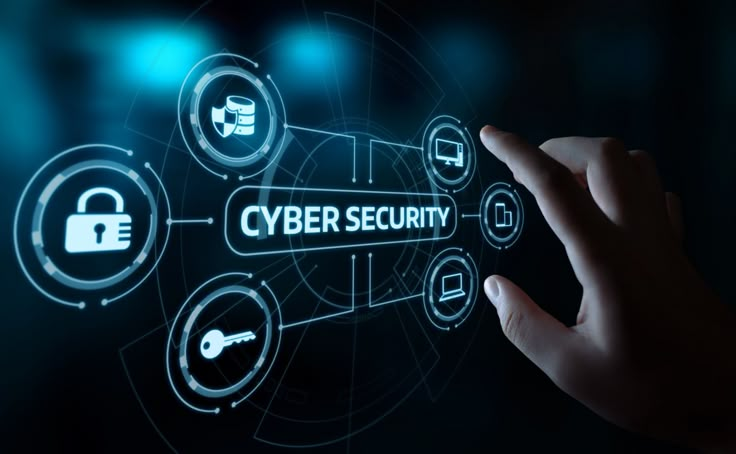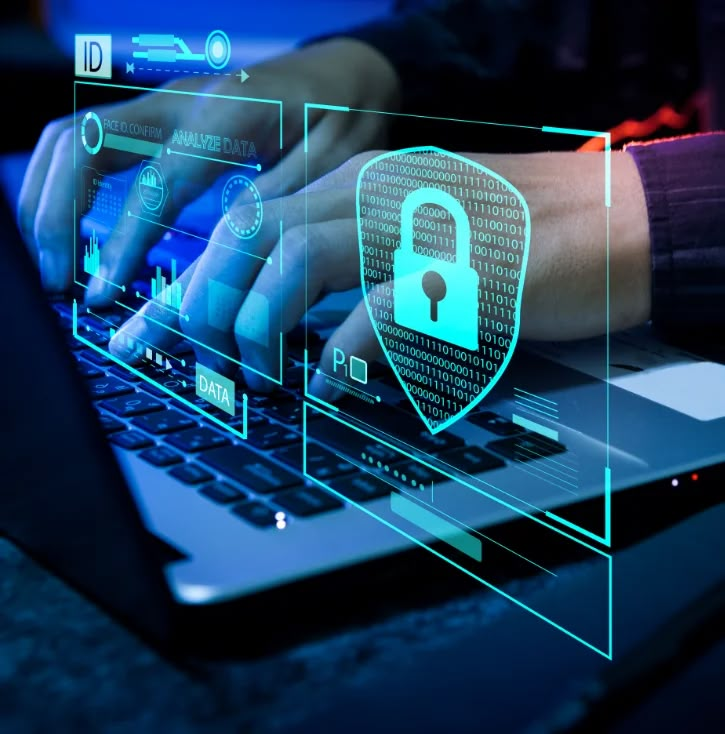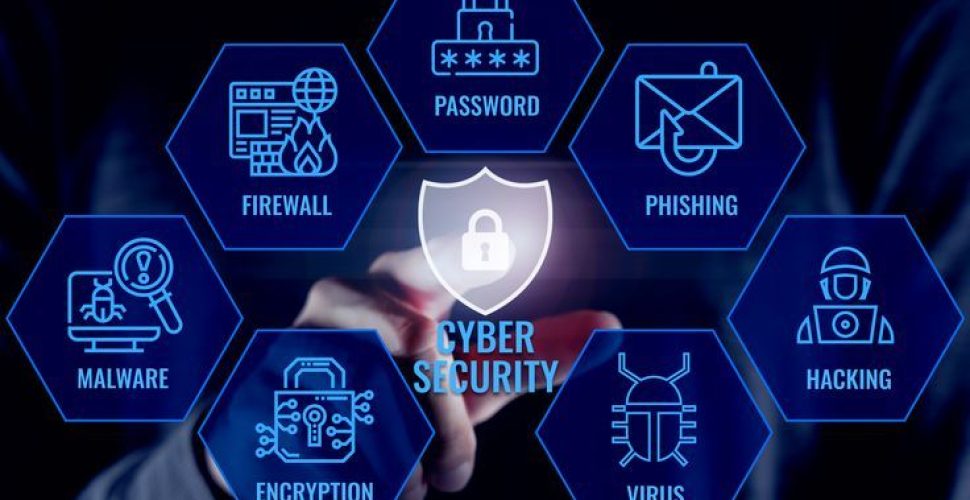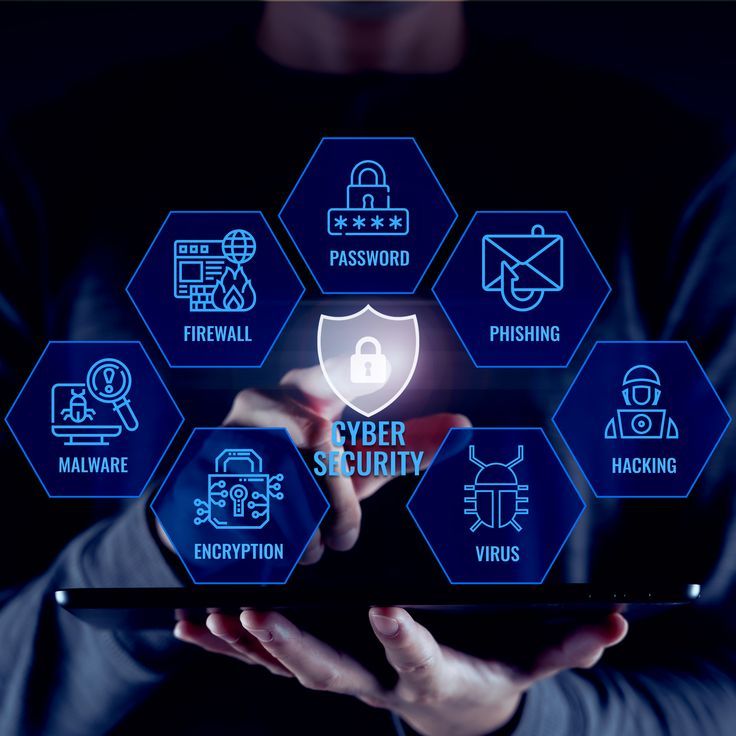Cybersecurity and marketing might seem like two vastly different disciplines at first glance. After all, one focuses on defending against digital threats, while the other revolves around selling products or services. However, in today’s interconnected world, the lines between these two domains are becoming increasingly blurred. As cybersecurity continues to evolve, professionals in the field must acquire a diverse set of skills, including marketing skills, to stay competitive and effective.
In this article, I will explain why marketing skills are becoming essential for cybersecurity professionals. I’ll break down how these skills can help you communicate complex cybersecurity concepts, build brand trust, and even prevent cyber threats. By the end of this article, you’ll understand how marketing knowledge can enhance your career in cybersecurity, making you more valuable and adaptable to changing industry demands.
Why Do Cybersecurity Professionals Need Marketing Skills?
The need for cybersecurity professionals to have marketing skills may not be immediately obvious. However, as I delve deeper into the issue, you’ll see that a solid understanding of marketing strategies can significantly elevate your ability to perform in the cybersecurity space. Here’s why:
You may also like this What Essential Technology Skills Should Every Travel Nurse Have?

1. Educating and Engaging the Audience
Marketing skills allow cybersecurity professionals to effectively communicate complex security concepts to non-technical audiences. Whether you’re engaging with customers, clients, or employees, the ability to simplify cybersecurity issues is critical. By using storytelling, visual aids, and clear messaging, you can make cybersecurity more accessible and actionable for those without a technical background. This is where the skills of persuasion, content creation, and user experience (UX) come in handy.
2. Building Trust and Reputation
Cybersecurity is all about protecting valuable data and assets. To do this effectively, businesses must build trust with their customers, clients, and stakeholders. Marketing professionals are experts at managing public perception, building brand trust, and fostering positive relationships. By leveraging marketing principles, you can help your organization present itself as a trustworthy and reliable entity that can handle sensitive data responsibly.
3. Strategic Communication During Crisis Situations
Cyberattacks and data breaches are often handled publicly, and how an organization communicates during a crisis can make or break its reputation. Marketing professionals are trained to handle crisis communications, ensuring that key messages are delivered clearly and empathetically. Whether you’re managing a PR campaign or sending out a customer alert, understanding the psychology of your audience and crafting the right message is key in mitigating the fallout from a cyber incident.
4. Cybersecurity Product Marketing
If you’re working in a cybersecurity product company, you need to be able to market your product effectively. Marketing skills are crucial in positioning your product correctly, understanding customer pain points, and crafting messages that resonate with the target audience. Whether it’s a firewall solution, intrusion detection system, or antivirus software, being able to sell the technical aspects in a way that is easily understood by your customers is essential for success.
How Marketing Skills Can Enhance Your Cybersecurity Career
1. Better Client Communication
One of the key challenges in cybersecurity is communicating the importance of security measures to clients or stakeholders who may not fully understand the technical aspects. This is where marketing skills come in. If you’re able to clearly articulate the value of cybersecurity practices and the potential risks of neglecting them, you’ll be better positioned to secure buy-in and ensure that your security measures are taken seriously.
2. Personal Branding
In today’s digital age, personal branding is crucial for career advancement. By leveraging marketing strategies such as content creation, social media engagement, and networking, you can establish yourself as an authority in the cybersecurity field. Sharing insights, publishing articles, and participating in industry discussions can help you build a professional reputation and attract job offers or consulting opportunities.
3. Customer-Centric Security Solutions
Cybersecurity is not just about technical defenses but also about creating solutions that align with customer needs. Marketing skills, particularly customer research and analysis, can help cybersecurity professionals understand their target audience better. By learning to think from the customer’s perspective, you can design more effective security solutions that cater to the specific concerns and challenges your clients face.
4. Persuasion in Policy Advocacy
As a cybersecurity professional, you may find yourself advocating for certain security policies or tools within an organization. Using marketing techniques like persuasion and data storytelling can help you make a compelling case to stakeholders. By framing security as a business priority rather than just an IT concern, you can get the buy-in you need to implement the best solutions.
How to Develop Marketing Skills for Cybersecurity
If you’re wondering how to start incorporating marketing skills into your cybersecurity career, here are some practical tips:

1. Take Online Marketing Courses
There are numerous online courses and certifications that can help you get acquainted with basic marketing principles. Platforms like Coursera, Udemy, and LinkedIn Learning offer courses in digital marketing, content creation, and branding that can be very beneficial to your career in cybersecurity.
2. Learn About Customer Behavior
Understanding consumer behavior is crucial in both marketing and cybersecurity. By learning how customers think and react, you’ll be better equipped to craft security solutions and communication strategies that appeal to them. Familiarize yourself with the basics of buyer personas, decision-making processes, and customer journeys.
3. Master Content Creation
Creating compelling content is at the heart of both marketing and cybersecurity awareness. By developing your ability to write blog posts, create infographics, or produce videos that explain cybersecurity concepts, you can bridge the gap between technical and non-technical audiences. Try your hand at creating guides, FAQs, or tutorials that explain security best practices.
4. Study Crisis Communication
In the event of a security breach or attack, how you communicate with both internal and external stakeholders is critical. Study crisis communication techniques used by marketing professionals to learn how to craft appropriate responses, manage reputational risks, and maintain customer trust during incidents.
Comparison of Marketing Skills vs. Cybersecurity Skills
While both marketing and cybersecurity require unique skill sets, they complement each other in many ways. Here’s a quick comparison to help you understand the different and overlapping areas:
| Feature | Marketing Skills | Cybersecurity Skills |
| Focus | Persuasion, communication, branding | Threat detection, risk mitigation |
| Key Tools | Content creation, analytics, social media | Firewalls, IDS/IPS, encryption |
| Objective | Drive sales, build relationships | Protect data, prevent breaches |
| Skills Required | Creativity, research, strategy | Technical expertise, problem-solving |
| Use in Crisis | Manage communication, public relations | Contain breach, mitigate damage |





